The members of the Esperion Scientific Advisory Board (SAB) represent a diverse group of internationally renowned experts who bring a depth and breadth of basic, translational, and clinical research experience across several key therapeutic areas to inform our research and development strategy moving forward. The members of the SAB are at the forefront of research in atherosclerosis and atherosclerotic cardiovascular disease, inflammation, metabolic disorders, and non-alcoholic steatohepatitis/non-alcoholic fatty liver disease.
The insights and recommendations of the SAB members will play a key role in guiding the future of Esperion and optimizing the potential of both our currently marketed products, and the investigational assets in our pipeline, including ATP citrate lyase inhibitors.
The Esperion SAB is chaired by the renowned physician-scientist Peter Libby, MD, FAHA, Cardiovascular Specialist at Brigham and Women’s Hospital, current president of the International Atherosclerosis Society, and member of the executive committee for Esperion’s CLEAR Outcomes (Cholesterol Lowering via Bempedoic acid, an ACL-Inhibiting Regimen) study.
The members of Esperion’s SAB are:
Peter Libby, MD, FAHA, SAB Chair
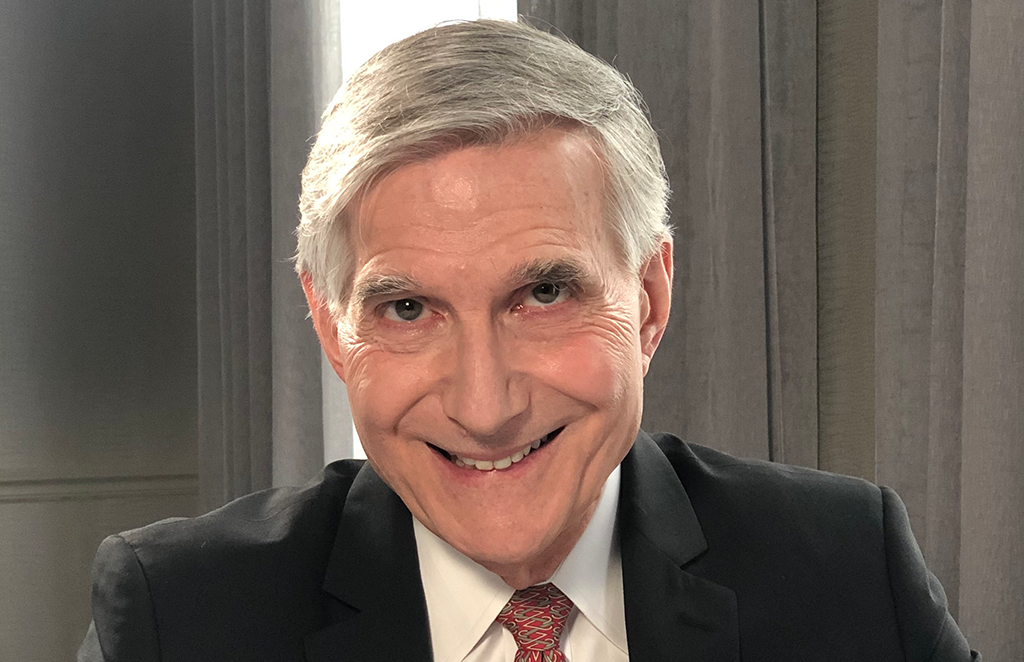
Peter Libby, MD, a cardiovascular specialist at Brigham and Women’s Hospital in Boston, Massachusetts, holds the Mallinckrodt Professorship of Medicine at Harvard Medical School. He directed Cardiovascular Medicine at BWH from 1998 – 2014. His areas of clinical expertise include general and preventive cardiology. His current major research focus is the role of inflammation in vascular diseases such as atherosclerosis. Dr. Libby has a particular devotion to clinical translation. He instigated and helped to lead the large scale Canakinumab Anti-Inflammatory Thrombosis Outcomes Trial that provided clinical validation of the role of inflammation in atherosclerosis.
Dr. Libby has received numerous research awards, including the Distinguished Scientist Award from the American College of Cardiology (ACC), the Gold Medal of the European Society of Cardiology, the Basic Research Prize of the American Heart Association, the Anitschkow Prize in Atherosclerosis Research of the European Atherosclerosis Society, the Ernst Jung Gold Medal for Medicine, and the Benditt Award from the North American Vascular Biology Organization.
Dr. Libby’s professional memberships include the Association of American Physicians, the American Society for Clinical Investigation, and honorary memberships in the British Atherosclerosis Society, the Japan Circulation Society, and the Japanese College of Cardiology. He has served as the President of the Association of University Cardiologists. He also has served as a volunteer for the American Heart Association, including chairman of several research committees and member of executive committees. He presided the ACC’s Research Peer Review Committee for two terms. He has frequently consulted for the National Heart, Lung, and Blood Institute, including membership on the Board of Scientific Councilors. He directed the DW Reynolds Cardiovascular Clinical Research Center and two cycles of Leducq Foundation Awards, and has received continuous funding from the US National Heart Lung and Blood Institute (NHLBI) for several decades. He currently serves as the president of the International Atherosclerosis Society.
An author and lecturer on cardiovascular medicine and atherosclerosis, Dr. Libby has published extensively in medical journals including Circulation, Journal of Clinical Investigation, Proceedings of the National Academy of Sciences, New England Journal of Medicine, and Nature. He is an Editor of Braunwald’s Heart Disease, and was the Editor-in Chief of the current 12th Edition. Dr.
Libby has also contributed chapters on the pathogenesis, treatment, and prevention of atherosclerosis to many editions of Harrison’s Principles of Internal Medicine. He has held numerous visiting professorships and delivered more than 150 major named or keynote lectures throughout the world.
Dr. Libby earned his medical degree at the University of California, San Diego, and completed his training in internal medicine and cardiology at the Peter Bent Brigham Hospital (now Brigham and Women’s Hospital). He also holds an honorary MA degree from Harvard University, and three honorary doctorates.
Karin Bornfeldt, PhD, FAHA

Karin Bornfeldt, PhD, FAHA, is the Edwin L. Bierman Professor of Medicine and Professor of Laboratory Medicine and Pathology at the University of Washington. She also serves as Director of the Diabetes Complications Program of the UW Medicine Diabetes Institute and Deputy Director of the Diabetes Research Center there. She received her PhD in Sweden and then completed a postdoctoral fellowship in the laboratory of Dr. Russell Ross before joining the faculty at the University of Washington.
Dr. Bornfeldt’s long-standing NIH-funded research is devoted to cardiovascular complications associated with diabetes, with a particular emphasis on the role of lipoproteins. Her group uses a combination of human studies and research on mechanistic mouse models to reveal mechanisms and new drug targets. She has published more than 150 scientific papers in this area.
Dr. Bornfeldt is a Fellow of the American Heart Association (AHA), Associate Editor of Circulation Research, Guest Editor of Arteriosclerosis, Thrombosis, and Vascular Biology (ATVB), and Associate Editor of the Journal of Lipid Research. Other honors include the AHA Russell Ross Memorial Lectureship in Vascular Biology (2013), the Edwin L. Bierman Lectureship, American Diabetes Association (2014), the Journal of Lipid Research Lectureship (2019), the ATVB Special Recognition Award in Vascular Biology (2020), the David Rubenstein Lectureship award (2020), and the George Lyman Duff Memorial Lectureship Award, AHA (2021).
David E. Cohen, MD, PhD
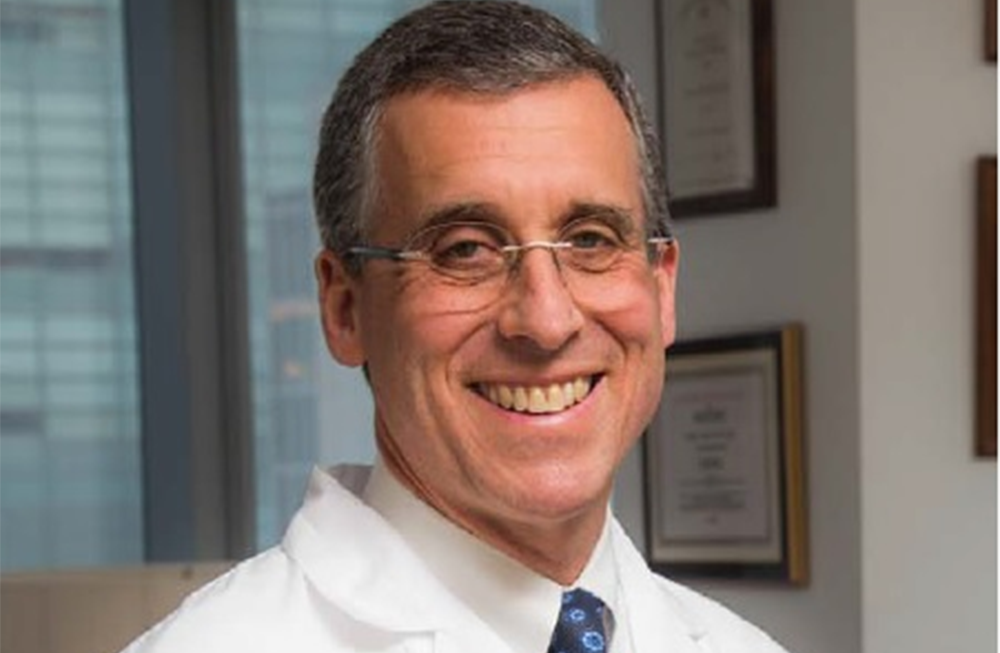
Dr. Cohen received an AB cum laude in chemistry and physics from Harvard College in 1982. He graduated Harvard Medical School (HMS) in 1987, also earning a PhD in physiology and biophysics as a student in the Harvard-MIT Division of Health Sciences and Technology (HST). He completed internal medicine residency, as well as gastroenterology and hepatology fellowships at Brigham and Women’s Hospital. In 1995, Dr. Cohen was appointed as Instructor in Medicine at HMS and Assistant Professor in 1996. In 1997, he moved to the Albert Einstein College of Medicine, where he held joint appointments in the Departments of Medicine and Biochemistry. Dr. Cohen returned to Brigham and Women’s Hospital and HMS in 2004, where he served as Director of Hepatology, Director of HST and the Robert H. Ebert Professor of Medicine at HMS. In 2016, Dr. Cohen became Chief of the Division of Gastroenterology and Hepatology and the Vincent Astor Distinguished Professor of Medicine at Weill Cornell Medical College. In 2021, he returned again to Brigham and Women’s Hospital and HMS as Chief of Gastroenterology, Hepatology and Endoscopy.
Dr. Cohen is a Fellow of the American Gastroenterological Association and of the American Association for the Study of Liver Diseases. He is a member of the American Society for Clinical Investigation, Association of American Physicians, the Interurban Clinical Club, and the American Society for Biochemistry and Molecular Biology. Dr. Cohen’s research has been published in Nature Medicine, Nature Structural Biology, Nature Communications, Cell Metabolism, Journal of Clinical Investigation, Science Signaling, Hepatology and PNAS. Dr. Cohen recently completed his term as editor-in-chief of Hepatology. He has been the recipient of awards, including the American Liver Foundation Research Prize, an American Liver Foundation Liver Scholar Award, an International HDL Research Award, a Hirschl Career Scientist Award and an NIH MERIT Award. He was also an Established Investigator of the American Heart Association.
Jim Januzzi, MD
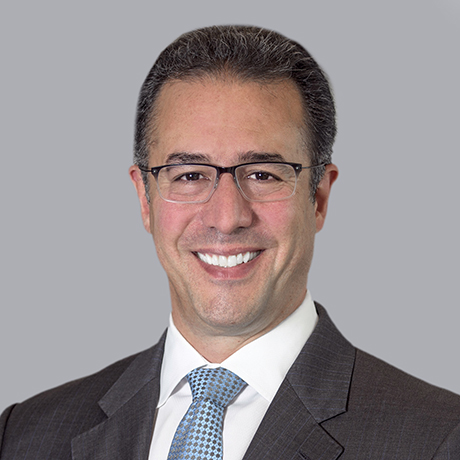
Dr. Jim Januzzi has been a member of the Massachusetts General Hospital Cardiology Division since 2000. He is the Hutter Family Professor of Medicine at Harvard Medical School and is the Director of Heart Failure and Biomarker Trials at the Baim Institute for Clinical Research.
Dr. Januzzi graduated first in his class from New York Medical College in 1994, and subsequently did a residency in Internal Medicine at the Brigham and Women's Hospital, followed by a cardiology and echocardiography fellowship at Massachusetts General Hospital. Since joining the staff at MGH, Dr. Januzzi is an active clinician, with a focus on heart failure and chronic coronary artery disease. He is an active teacher, and has a busy research program, with a specific focus on cardiac biomarker testing. He has published more than 750 manuscripts, has been cited more than 100,000 times, and he has edited 5 textbooks. He speaks widely on the topic of biomarker testing in heart disease and treatment of heart failure. He has served as the Cardiology Consultant to the Boston Red Sox since 2005. He is a Trustee of the American College of Cardiology, and an editor at the Journal of the American College of Cardiology.
R. Preston Mason, MBA, PhD

R. Preston Mason, MBA, PhD is on the faculty of the Department of Medicine, Division of Cardiology, at the Harvard Medical School-affiliated Brigham and Women's Hospital in Boston, Massachusetts. He is also President of Elucida Research, a private biotechnology firm, in Beverly, Massachusetts. Research interests include membrane biophysics, mechanisms of cholesterol crystallization in plaque and the response of the endothelium to oxidative stress and inflammation. Dr. Mason serves on a number of grant review committees, has authored more than 175 full scientific publications, and has multiple patents.
Pradeep Natarajan, MD, MMSC
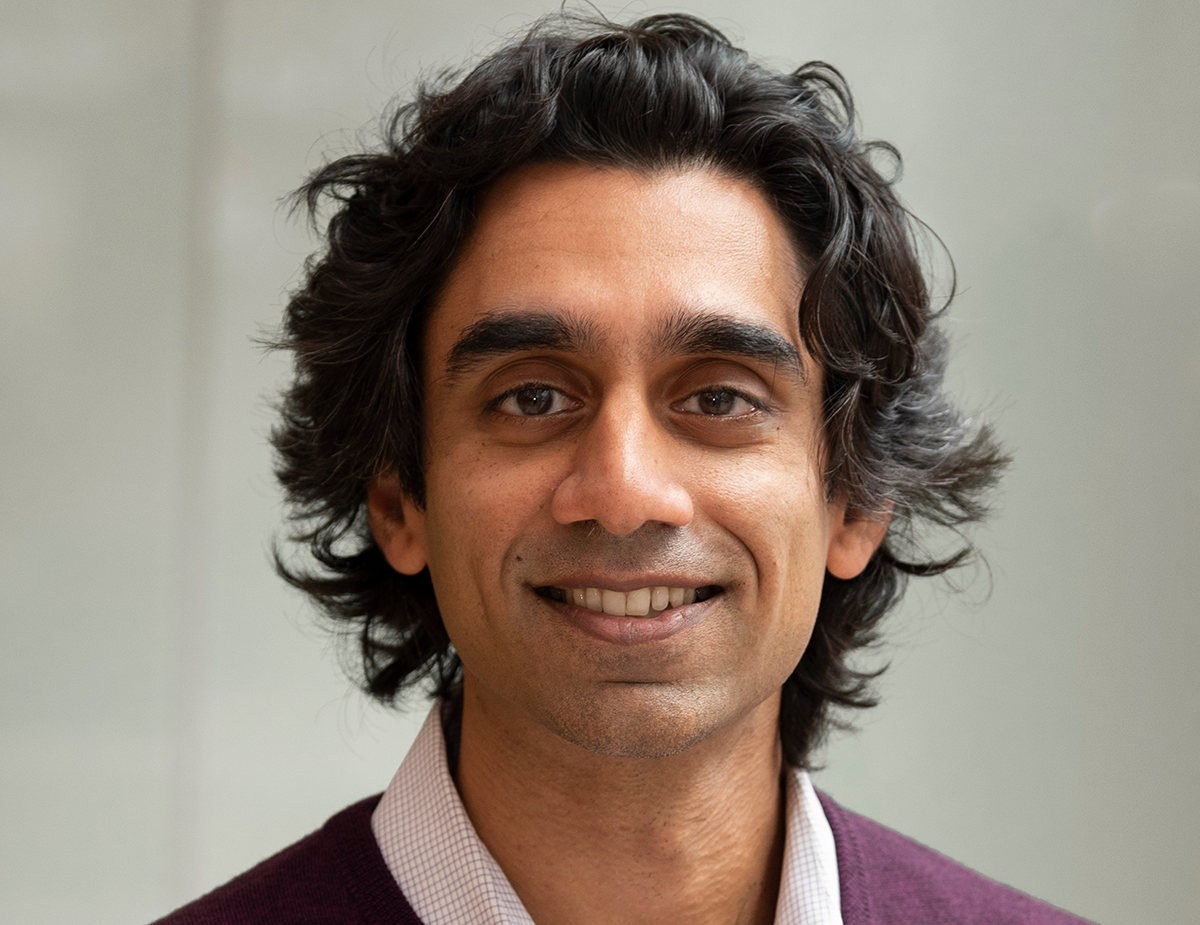
Dr. Pradeep Natarajan is the Director of Preventive Cardiology and the Paul and Phyllis Fireman Endowed Chair in Vascular Medicine at Massachusetts General Hospital, Associate Professor of Medicine at Harvard Medical School, Associate Member of the Broad Institute of Harvard and MIT. He received his BA in molecular biology with Honors and Phi Beta Kappa in 2004 from the University of California, Berkeley. He received his MD with Alpha Omega Alpha in 2008 from the University of California, San Francisco. He received his MMSc in biomedical informatics in 2015 from Harvard Medical School. Dr. Natarajan completed his internship and residency in internal medicine at the Brigham and Women’s Hospital in 2011. He completed his clinical and research fellowship in cardiovascular medicine at the Massachusetts General Hospital in 2015.
Dr. Natarajan uses germline and somatic genetic variation to uncover new biology and enable enhanced clinical care for cardiovascular disease. He leads several consortia to use genetic epidemiology, large-scale sequencing studies, genotype-driven human investigation, and genetic testing implementation. Among his scientific contributions, he has pioneered ‘human knockout’ discovery and investigation to prioritize therapeutic targets, monogenic and polygenic characterization of heritable traits through whole genome sequencing, and the novel concept of somatic mutations contributing to cardiovascular disease. He has authored over 150 scientific papers, including senior-authored publications in Nature, Nature Medicine, Nature Genetics, JAMA, JACC, and Circulation.
Dr. Natarajan is a Fellow of the American College of Cardiology, Fellow of the American Heart Association, and Elected Member of the American Society for Clinical Investigation. He has received several awards for his contributions, including most recently the Jeffrey M. Hoeg Arteriosclerosis, Thrombosis, and Vascular Biology Award for Basic and Clinical Research from the American Heart Association.
In tandem to his research efforts, Dr. Natarajan oversees clinical and training programs on the prevention of cardiometabolic diseases leading the MGH Cardiovascular Disease Prevention Center.
Paul M. Ridker, MD
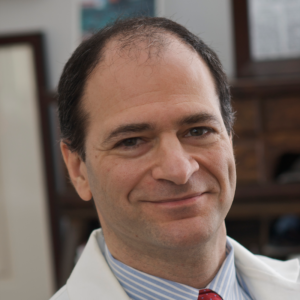
Dr. Paul M Ridker, MD (Harvard Medical School 1985), MPH (Harvard School of Public Health 1990), serves as the Eugene Braunwald Professor of Medicine at the Harvard Medical School and as Director of the Center for Cardiovascular Disease Prevention at the Brigham and Women’s Hospital in Boston Massachusetts USA.
Over a 30-year period, Dr. Ridker and his collaborators provided the first proof-of-principle for the inflammation hypothesis of atherothrombosis in humans; the first demonstration that statin therapy is both lipid-lowering and anti-inflammatory; the first FDA-approved diagnostic test for vascular inflammation (hsCRP); the first proven anti-inflammatory treatment for heart disease (canakinumab); and brought into clinical practice worldwide the concept of “residual inflammatory risk”. On multiple occasions Dr. Ridker’s work has altered clinical guidelines for the diagnosis, treatment, and prevention of atherosclerotic disease – the most common cause of death on a global basis. As a direct consequence of this work, multiple novel anti-inflammatory agents targeting interrelated aspects of heart disease ranging from chronic atherosclerosis to acute ischemia to congestive heart failure are under development at nearly all major pharmaceutical companies worldwide. Dr. Ridker’s translational work has thus helped catalyze the first new target for atherothrombosis in 40 years that is not related to cholesterol, blood pressure, or coagulation.
Dr. Ridker is additionally known internationally for his leadership of over 15 major multi-national randomized clinical trials including PREVENT, JUPITER, SPIRE-1, SPIRE-2, CANTOS, CIRT, PROMINENT, and ZEUS. The recipient of multiple honorary degrees and international awards, Dr. Ridker is a Distinguished Scientist of the American Heart Association and an elected member of the National Academy of Sciences, USA.
In 2020, in response to the COVID-19 pandemic, Dr. Ridker was asked by the U.S. government and the National Heart Lung and Blood Institute to lead the ACTIV-4B Outpatient COVID-19 Thrombosis Prevention Trial.
With an h-index in 2022 of 261 and with over 300,000 cumulative citations, Dr. Ridker is among the top 15 most-cited biomedical researchers worldwide.
Dr. Ridker’s research unit has been continuously funded by the US National Institutes of Health (NIH). With regard to mentoring and teaching, Dr. Ridker served for 20 years as Principal Investigator of an NHLBI-funded T32 Training Grant in Cardiovascular Epidemiology which supported the early career development of 60 trainees, almost all of whom remain active in academia, many now nationally and internationally recognized in their own right.
Gerald I. Shulman, MD, MACP, MACE, FRCP
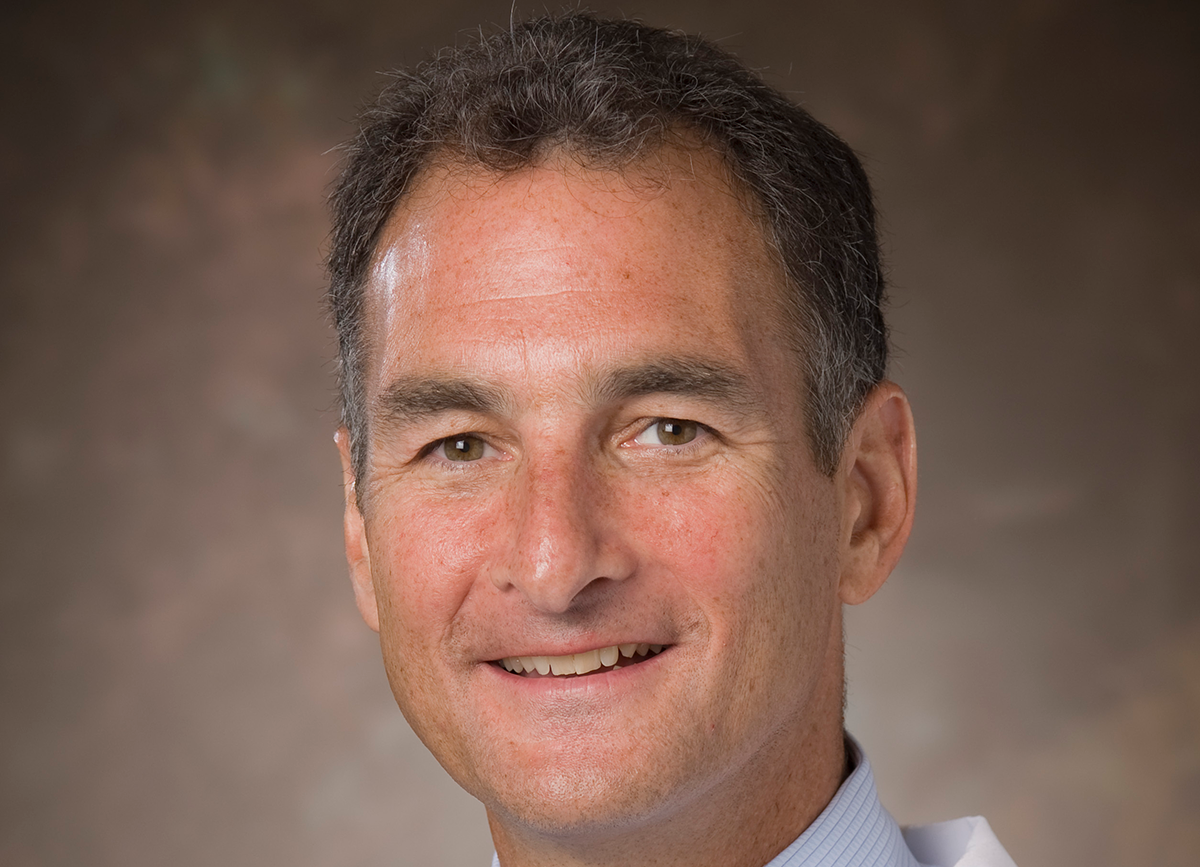
Dr. Shulman is the George R. Cowgill Professor of Medicine and Cellular & Molecular Physiology at Yale. He is also Co-Director of the Yale Diabetes Research Center and was an Investigator of the Howard Hughes Medical Institute for 21 years. Dr. Shulman has pioneered the use of magnetic resonance spectroscopy combined with mass spectrometry to non-invasively examine intracellular glucose and fat metabolism in humans and transgenic rodent models that have led to several paradigm shifts in our understanding of type 2 diabetes (T2D), including the molecular mechanisms by which lipids promotes liver and muscle insulin resistance, as well as developing new drugs for the treatment of T2D, nonalcoholic fatty liver disease and nonalcoholic steatohepatitis.
Dr. Shulman is the recipient of the Stanley J. Korsymeyer Award from the American Society for Clinical Investigation, the Outstanding Clinical Investigator Award from the Endocrine Society, the Solomon Berson Award from the American Physiological Society, the Outstanding Scientific Achievement Award and the Banting Medal for Lifetime Scientific Achievement from the American Diabetes Association and the 2021 Mapei Suzuki International Prize for Diabetes Research.
Dr. Shulman is a Fellow of the American Association for the Advancement of Science, Inaugural Fellow of the American Physiological Society, Mastership in the American College of Physicians, Mastership in the American College of Endocrinologists, and he has been elected to the American Society for Clinical Investigation, the Association of American Physicians, National Academy of Medicine, the American Academy of Arts and Sciences and the National Academy of Sciences.